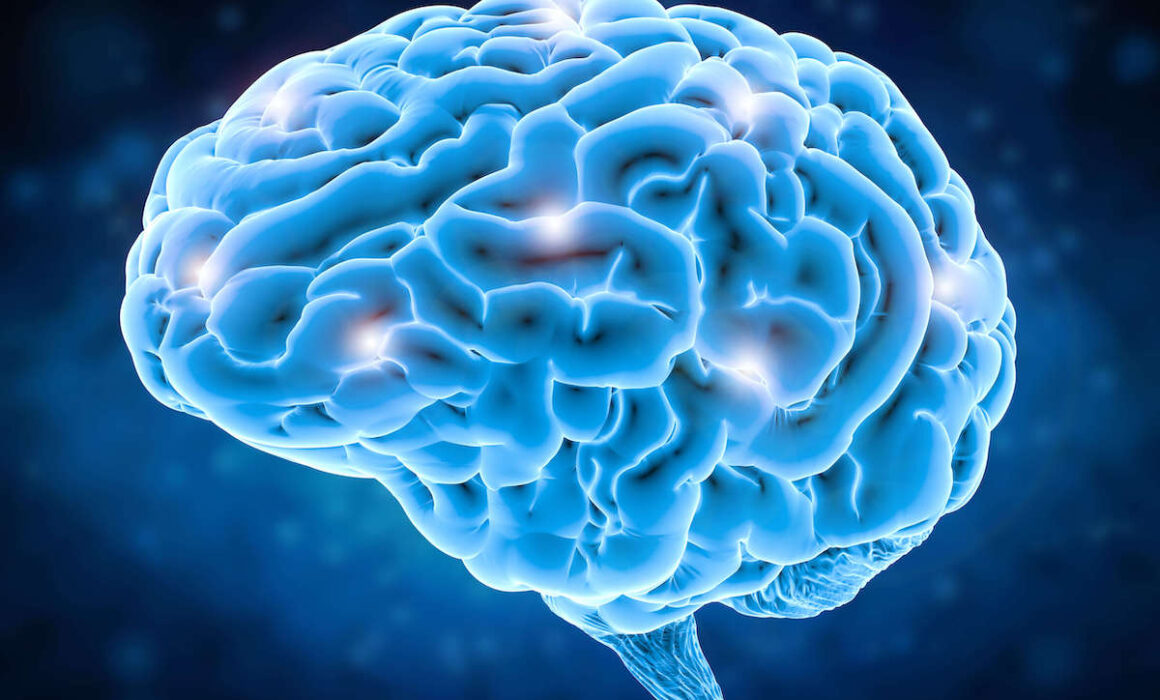ArtiFascia®, a patch-like dural repair graft, recently obtained approval from the U.S. Food and Drug Administration. The device – developed by Nurami Medical, a startup in Haifa co-founded by Technion alumna Nora Nseir Manassa – will revolutionize neurosurgery.
Dura mater is the outermost layer of the membrane that surrounds the brain and spinal cord, protecting the central nervous system from physical damage. The resorbable device, made of electrospun nanofibers, promotes tissue regeneration of the dura mater while also preventing cerebrospinal fluid (CSF) leaks and bacterial penetration sometimes caused by suture holes during surgery.
“The necessity to cover the brain with a safe and reliable dural substitute remains a need even after 140 years of neurosurgery,” said Prof. Michael Schulder, M.D., vice chair in the Department of Neurosurgery, Donald and Barbara Zucker School of Medicine at Hofstra/Northwell and a member of Nurami Medical’s Scientific Advisory Board.
“ArtiFascia® really looks like the solution we have been waiting for … it reliably seals dural gaps and prevents the formation of pseudomeningoceles [an extradural collection of CSF],” he said.
Similar in thickness to actual dura, ArtiFascia® can be effortlessly sutured, accelerating surgeon workflow and lowering health-care costs. The implant is strong, pliable, fully absorbable, synthetic, and easy to handle and cut. Watch a brief video.
Nora Nseir Manassa, co-CEO and CTO of Nurami Medical, received a master’s and bachelor’s degree in biomedical engineering from the Technion. In 2021 she was selected one of the 50 most influential women in Israel by Globes, a daily financial newspaper in Israel. She is also a cofounder and board member of Arab Women in Science and Engineering.
